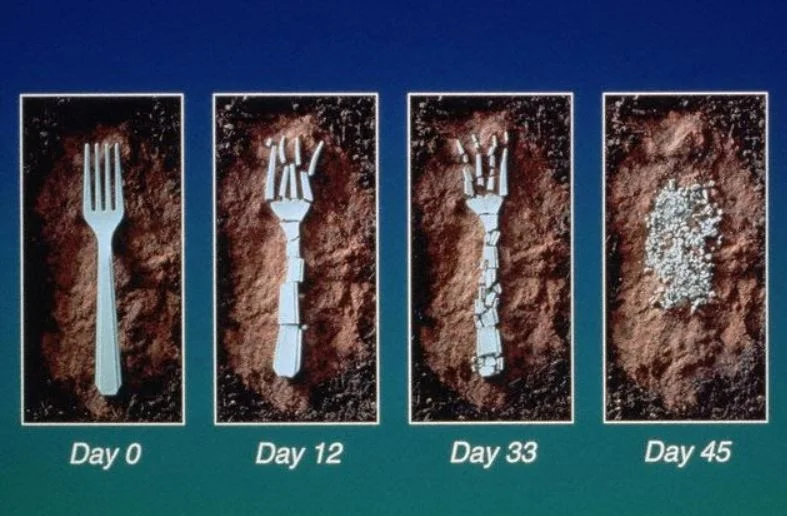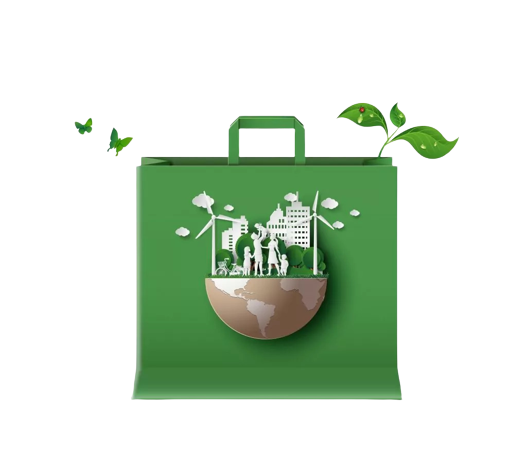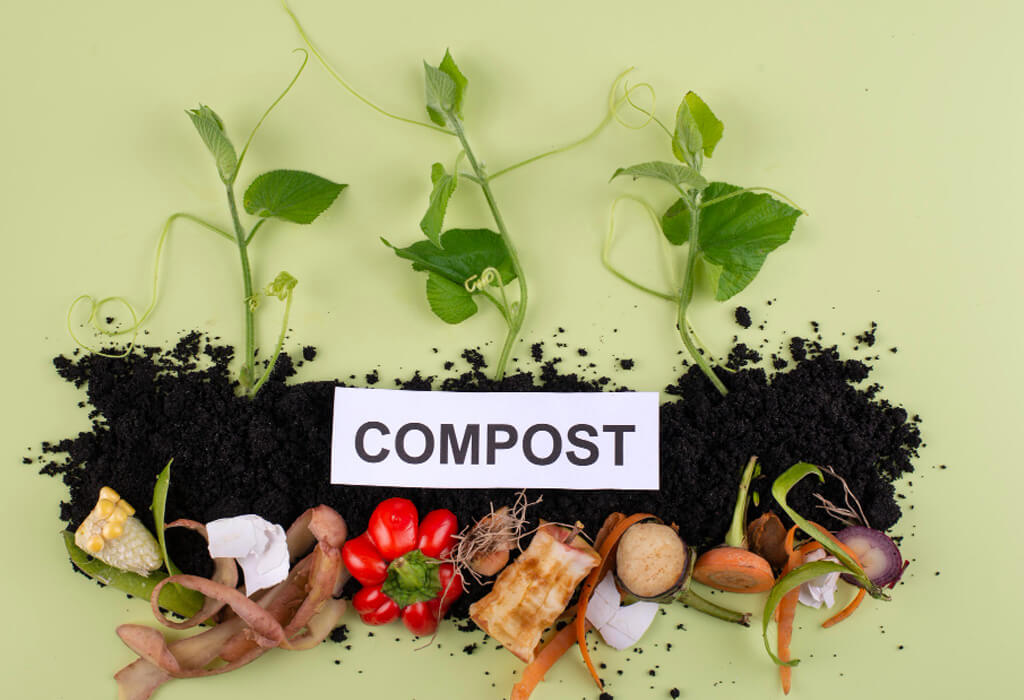What is Compostable?
This means that the product decomposes into natural elements, but only in a composting environment. Compostable materials are usually made from plant waste and other organic matter such as bagasse, cornstarch, PLA plastic. These have two additional advantages over biodegradable options. They degrade much faster, maybe in about 100-160 days which break into rich products which create healthy soil for the planet.

How do you decompose these compostable Products?
For these products to break down properly, they must be disposed of into a compost heap. These heaps are rich in microorganisms. These types of products do not decompose easily in conventional landfills, so compostable products should not be thrown in the rubbish. Although many compostable products imitate the appearance of plastic, they should not be recycled.
Benefits Of Composting
Reduces the waste stream : The organic waste we produce at home may be recycled quite effectively through composting. More than 28% of what we discard is made up of food leftovers and yard trash. We can prevent part of that trash from going to landfills by composting it at home, where it may be converted into useful material for our gardens.
Cuts Methane Emissions From Landfills : Usually, when organic matter decomposes, it does so naturally, which means that oxygen-dependent bacteria break it down. Compostable waste that is disposed of in a landfill is buried behind a mountain of other garbage, preventing the decomposers' frequent access to air. The trash is subsequently decomposed or broken down by organisms that can survive without oxygen. Biogas is produced as a result of decomposition in the absence of oxygen.
Improve soil health : Compost is an fundamental apparatus for moving forward large-scale cultivating frameworks. Compost contains the three primary supplements required by agricultural crops: nitrogen, phosphorus and potassium. It too contains the following sums of other basic components such as calcium, magnesium, press and zinc. Rather than depending on manufactured fertilisers that contain chemicals which are unhealthy, composting offers a natural elective.




